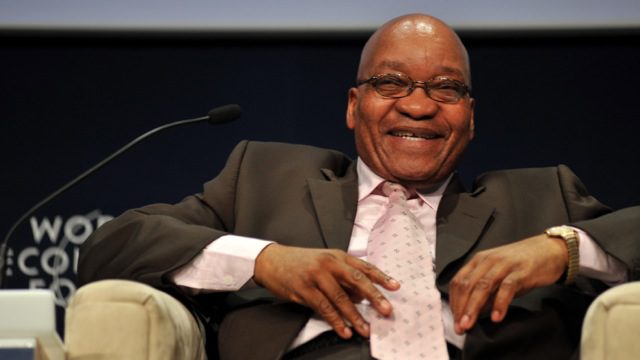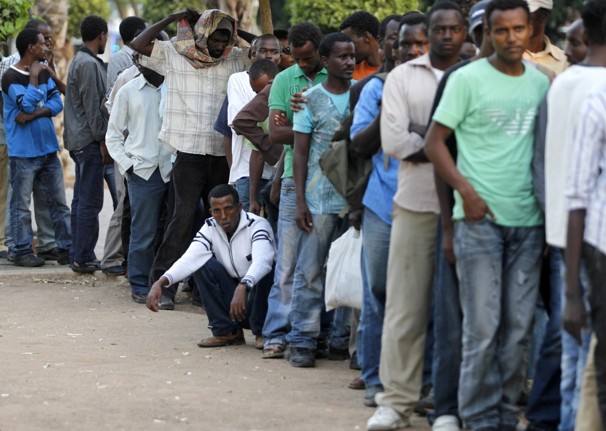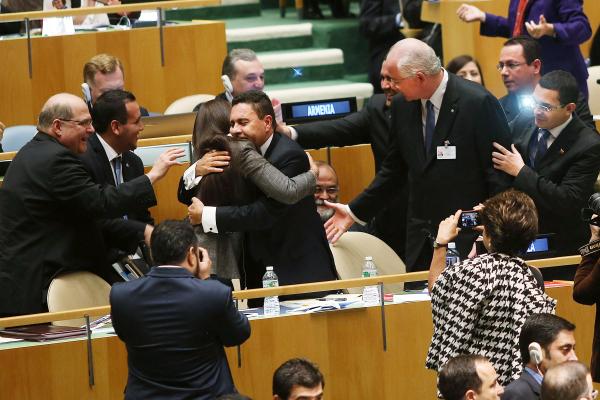
Targeting journalists
One of the factors that explains the rise of journalists’ deaths in recent years is that they are increasingly being targeted, since they have an important role ‘as a watchdog and witness to the horrors of war’ and are able to instantly show the world the atrocities of what is happening in the conflict zones through new advanced technologies. Further to targeted killing, there is also a constant threat of being kidnapped, arrested or accused of espionnage.
Targeted killing is most common among investigative journalists in their own countries. According to an inquiry by the International News Safety Institute in 2007 the most dangerous counties for investigative journalism have been both Russia and Colombia. Most of these deaths are associated with organised crime and drug cartels. Another country where journalists who report on politics, crime and corruption are being targeted is the Philippines, which placed top on the list of most dangerous countries for journalists in 2009 by the Committee to Protect Journalists, with thirty-three deaths with confirmed motive. In these countries murder is being used in order to silence troublesome reporting since most of the cases do not lead to any convictions.
In countries with low standards of democracy both the government and the cartels are silencing journalists. This has led to the emergence of guerrilla journalism, especially in parts of Latin America where the drug cartels have a large influence on the press.
Iraq
One of the main factors in the rise of journalists’ deaths in the 21st Century was undoubtedly the 2003 Iraq war. In 2003 more journalists were killed worldwide than at any time since 1995. Iraq was the deadliest country for journalists from 2003 to 2008 and remained in the top three until 2011. Less than half the number of journalists and media workers killed in Iraq were killed in 20 years of fighting in French Indo China and then Vietnam.
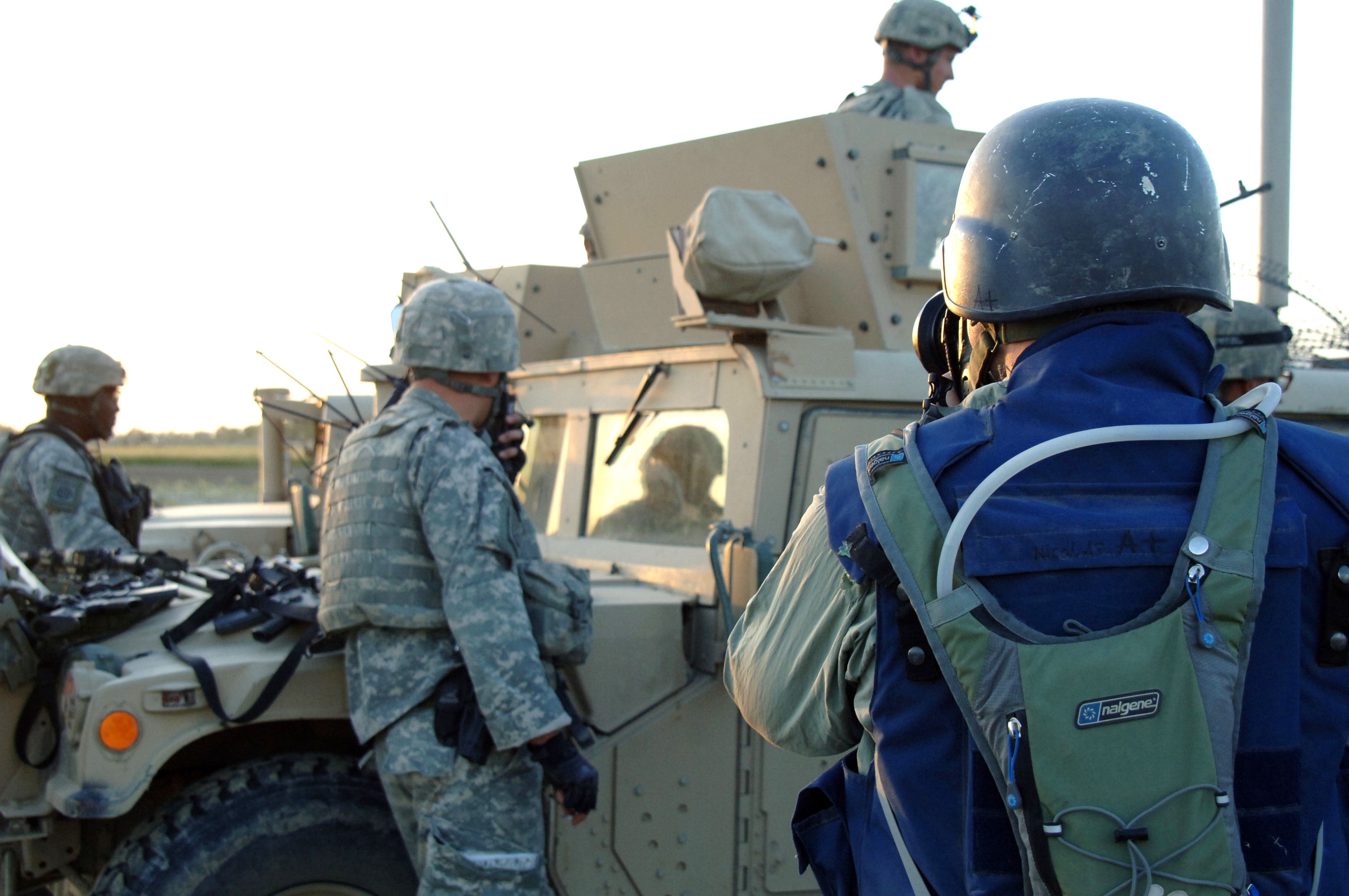
Targeting as discussed above was a problem in Iraq. Insurgents do not regard journalists, especially those working for the international media, as neutral and instead see them as foreign people occupying their country. It came to a point where western journalists were restricted to working almost solely in the protected Green Zone. The physical dangers journalists encounter include threats of murder and kidnapping by terrorists, Iraqi insurgents, and militias as well as legal restrictions and physical threats imposed by Iraqi and provincial governments. Besides being targeted by multiple groups, both the Iraqi and American armed forces have been responsible for several journalists’ accidental deaths.
With the war in Iraq now over, Syria has become one of the bloodiest conflicts in recent years. This means that we can expect such high number to continue in the near future especially with the number of local journalists taking to the streets in order to report the truth to the rest of the world.
Embedding
Although embedding is not a new phenomenon, it has become a popular way for western journalists to stay out of danger in conflict zones and is also a way for western governments to keep an eye on what the journalists can see as well as bring them over to support the military effort, making it more difficult for the journalist to be objective. Out of the estimated four thousand journalists covering the Iraq war in 2003, more than five hundred went directly with the military forces as embeds.
Iraq is a waypoint for reporters to go on their first foreign assignments as practice and some say that the embed invitations look more like spa menus offering the reporters different options. This contradicts other accounts which state that as long as you keep a low profile, you can have pretty much free reign while embedded with the U.S. Army.
It is however due to all the difficulty in getting approved for embeds and the limitation that tagging along with the military imposes, that some journalists ended up attempting to find stories on their own and started avoiding the bureaucracy and waiting around connected with the embed experience. This meant that they were no longer under the protection of the military leaving them more susceptible to danger.
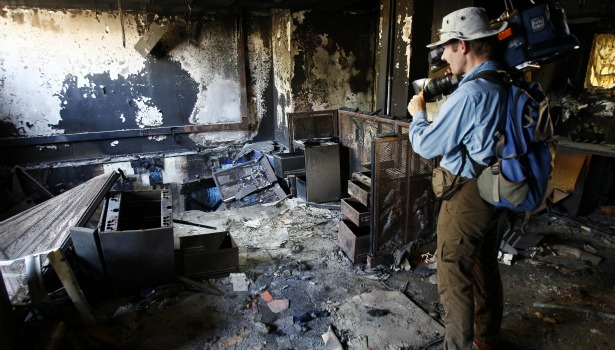
Insurgency
A final explanation for an increase in journalists’ deaths since the 2000s is the changing nature of the conflicts in which the west has been involved. The conflicts in Iraq and in Afghanistan are fought against non-state actors. The nature of these insurgencies means that the laws of war and the Geneva conventions are not being observed by the insurgent fighters and unconventional means are being used against the western forces which often results in the deaths of innocent civilians including journalists.
Conclusion
The increased numbers of deaths can be attributed to a combination of several factors. Journalists are now increasingly being targeted because of the nature of their work in order to silence them from any negative reporting. Besides this, the new development in technology means that journalists spend more time in the line of fire and less time in the safety of a base or hotel. This coupled with a large increase in the number of journalists on embeds as well as freelance, especially during the 2003 Iraq war means that more journalists are being killed than ever before. Although the dangers in Iraq have decreased journalists now face dangers in Syria where they are being targeted by both the government forces and certain rebel groups meaning that this paper does not see the number of journalists’ deaths falling in the near future. Journalists must be aware of the rising dangers and increased targeting, and new precautions should be put in place for the protection of journalists.


